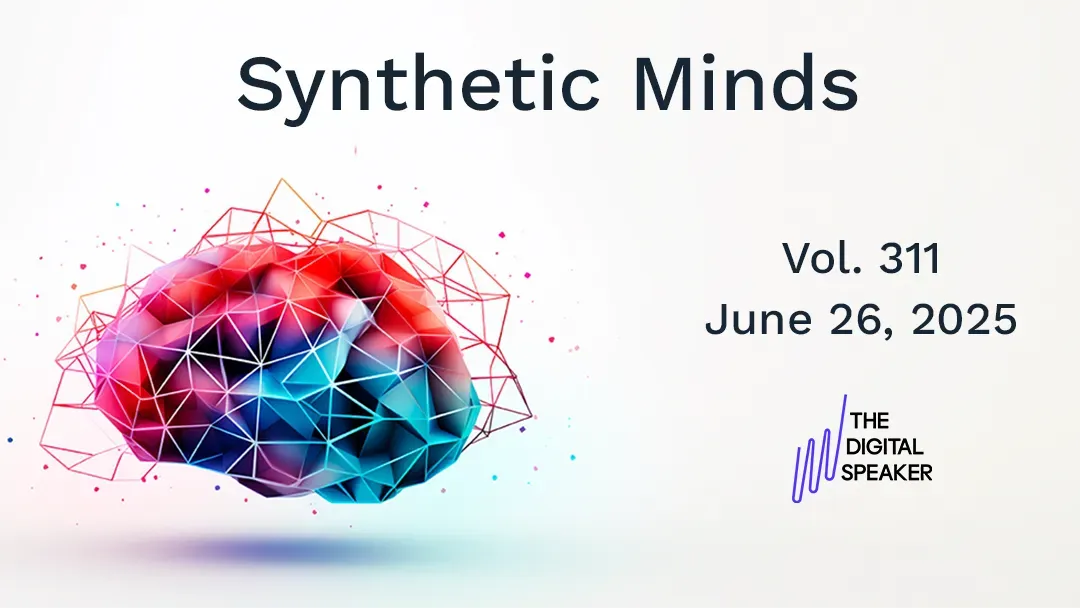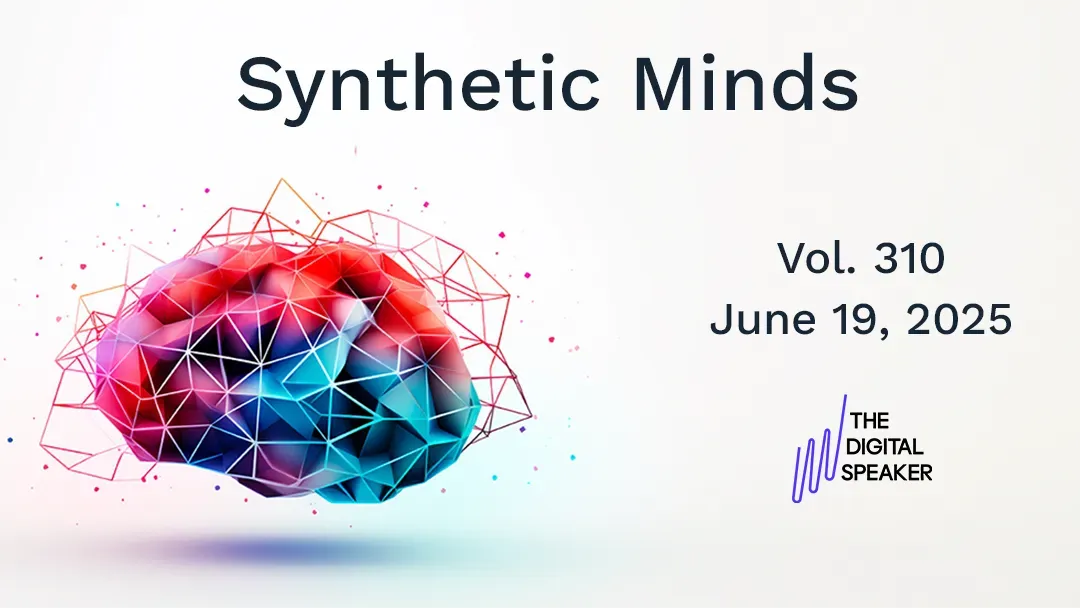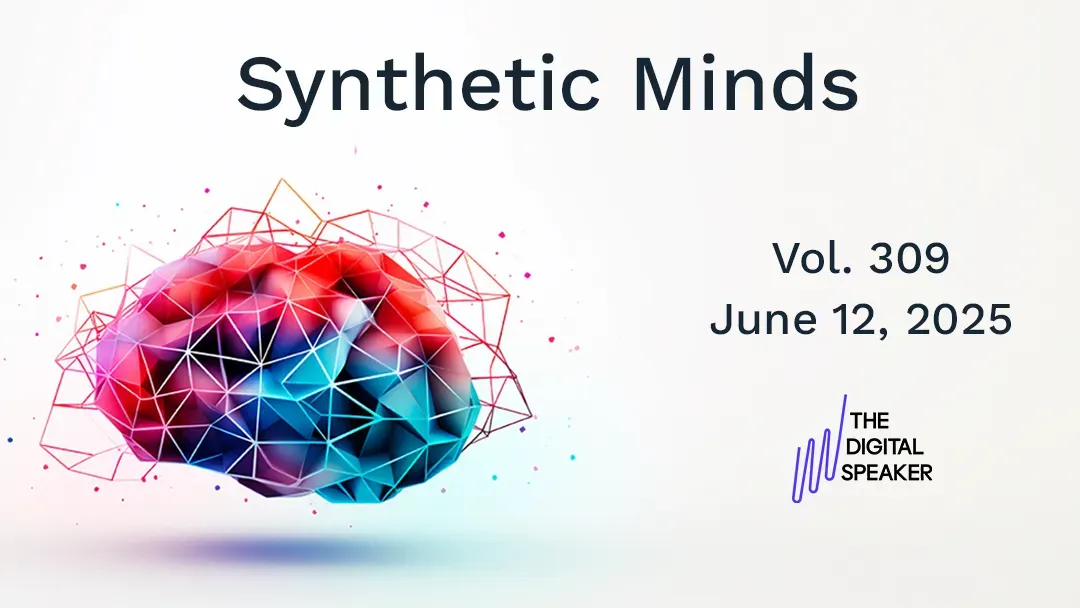COVID-19 Apps: Mass hysteria and state surveillance
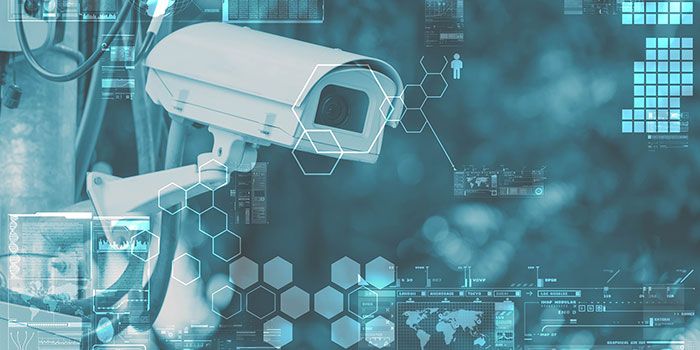
Good Day! This is my weekly newsletter, with a dose of insights into the future. The topic of this newsletter is the exponential times we live in, hence the title of f(x) = e^x, which is the (natural) exponential function.
Recently, I launched my new concept The Digital Speaker and you can now book me as an avatar or hologram. Also, my tech trend prediction for 2021 is out, read it here!
Mass Hysteria Surrounds COVID-19 Tracking Apps, and We Are Sleepwalking to Mass Surveillance
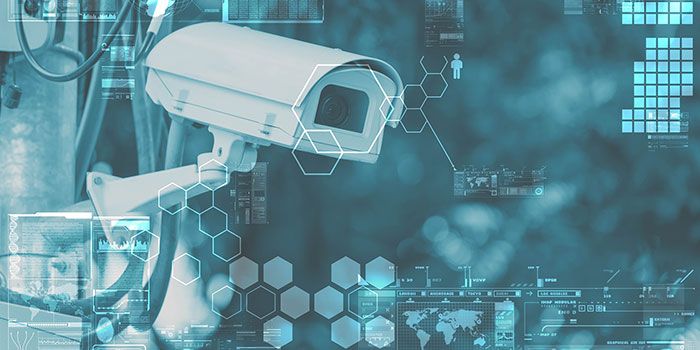
My latest article:
The world is in crisis, and whenever a crisis occurs, drastic measures could be taken by those involved. In this particular case, the Coronavirus has the entire world in its grip and governments around the world are struggling to contain the health and economic effects of the virus. Most of these measures are temporary, but some can become permanent and change our daily lives forever. COVID-19 tracking apps are a privacy disaster waiting to happen.
Around the world, governments are working on COVID-19 tracking apps to monitor the spread of the virus. The development of these apps is surrounded by mass hysteria and, consequently, we are sleepwalking towards mass surveillance. COVID-19 apps cannot be successful and anonymous at the same time. We should therefore not want these apps because the cure is most likely far worse than the disease. Instead, let’s protect our privacy and stop these apps because you can only lose your privacy once.
Three Useful Nuggets of Information
My weekly tips from around the web to get you thinking.
1. AI can now evolve on its own.
Google's AutoML scientists are working on artificial intelligence that can automatically discover completely unknown algorithms while also reduce human bias during the data input process. (Newsweek)
2. Robots can now make decisions on the fly.
More news from Google, a team of researchers from Google Brain have developed AI that can decide which actions to take, while performing a different action. This means, robots can move from static environments to dynamic environments. (VentureBeat)
3. Tesla and BMW move into blockchain-based supply chain.
More and more large corporates are embracing blockchain for their supply chains. The latest companies are BMW and Tesla who aim to use blockchain to improve their logistics operations. (Forbes)


